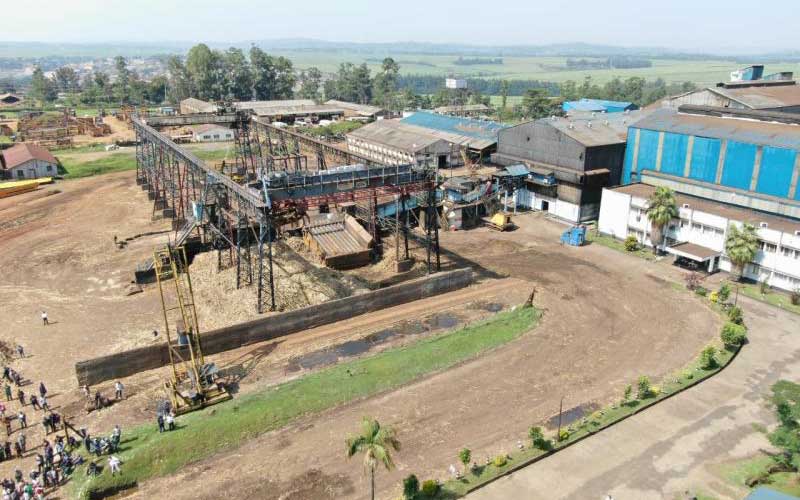×
The Standard e-Paper
Fearless, Trusted News

Failure to carry out annual maintenance for the last five years has been blamed for Sony Sugar Company’s current woes.
Insiders say the Awendo-based sugar miller is now paying the price for skipping the annual exercise for five straight years, leaving its machines in a state of near-disrepair.